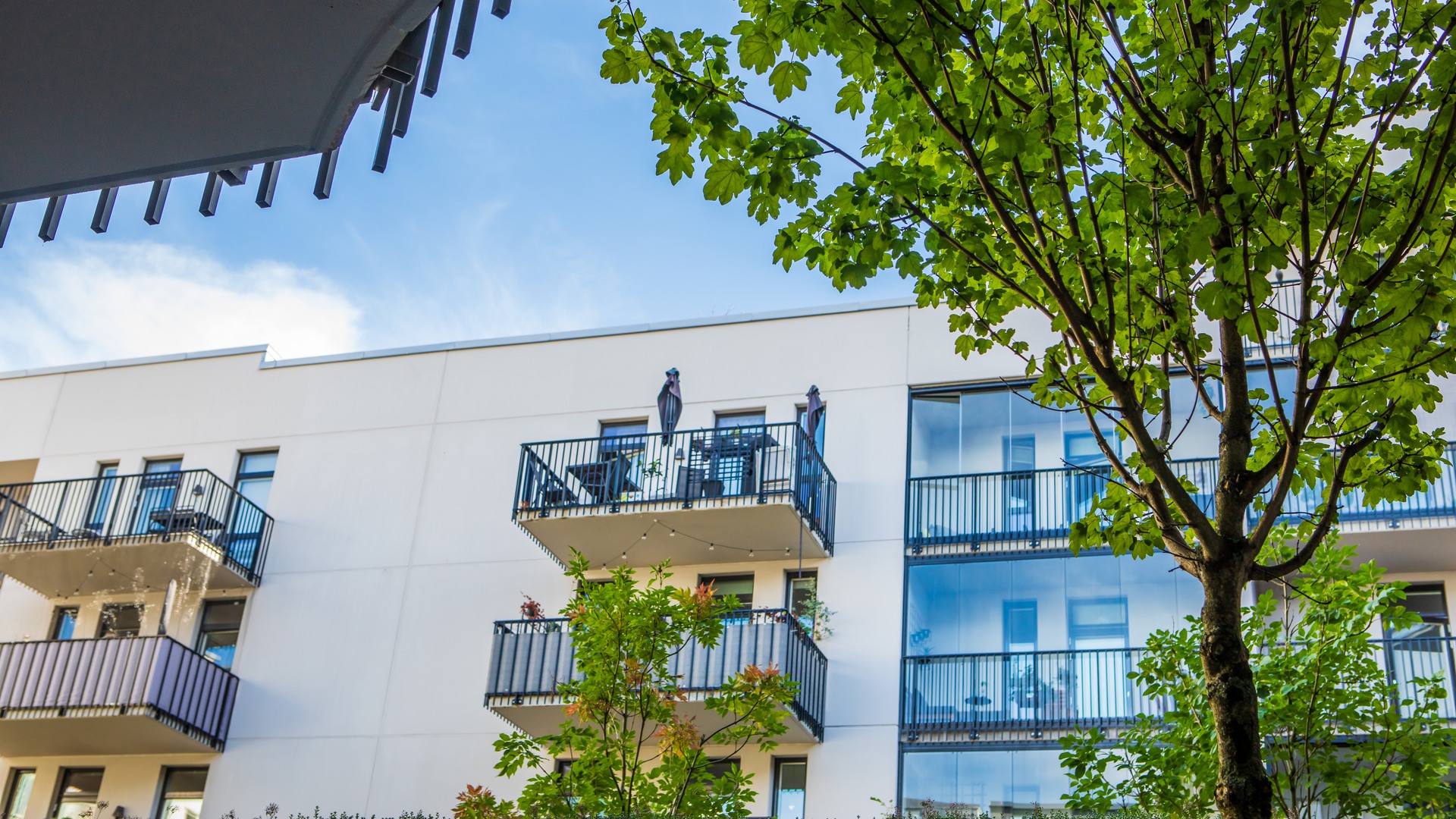- Bridge, G. & Watson, S. (Eds). (2010). The Blackwell City Reader. Blackwell Publishing, Oxford.
- Davidson, M. & Martin, D. (Eds.). (2013). Urban Politics: Critical Approaches. Sage.
- Glaeser, E. (2011). Triumph of the city: How our greatest invention makes US richer, smarter, greener, healthier and happier. Pan Macmillan.
- Sassen, S. (1991). The Global City. Princeton University Press, New York.
- Schiller, N. Glick & Caglar, A. (eds) (2011). Locating Migration: Rescaling Cities and Migrants. Cornell University Press.
- Sennett, R. (1992). The conscience of the eye: The design and social life of cities. WW Norton & Company.
- Articles may be added
Reference Literature
- Brooks, N., Donaghy, K. & Knaap, G-J. (Eds.) (2011). The Oxford Handbook of Urban Economics and Planning. Oxford University Press.
EduSinglePage
Denna kursen ges som del av program:
Kursinnehåll
The purpose of the course is that students should deepen their knowledge about current tendencies and challenges within the research field of Urban Studies
The course is structured around three interactive themes that together form a whole:
1. The development of different urban forms, urban conditions and contemporary challenges in a global perspective.
2. Everyday life and the field of tension in the local urban context between, on the one hand, social and cultural practices and, on the other, the material world of built landscapes, buildings and infrastructures.
3. Economic, social, cultural, political and environmental driving forces expressed in urban development, exemplified by important societal issues.
The course consists of several interactive elements:
- Introductory presentations, in the form of lectures and seminars
- Seminars where students' own experiences form the basis of introductory presentations of the literature and subsequent questions and critical discussion.
- Seminars where students present their own and criticise each other's essays.
Behörighetskrav
Bachelor´s degree consisting of 180 credits. The equivalent of English 6 in Swedish secondary school.
Urval
100% University credits completed
Kurslitteratur
Kursvärdering
Malmö University provides students who participate in, or who have completed a course, with the opportunity to express their opinions and describe their experiences of the course by completing a course evaluation administered by the University. The University will compile and summarise the results of course evaluations. The University will also inform participants of the results and any decisions relating to measures taken in response to the course evaluations. The results will be made available to the students (HF 1:14).


